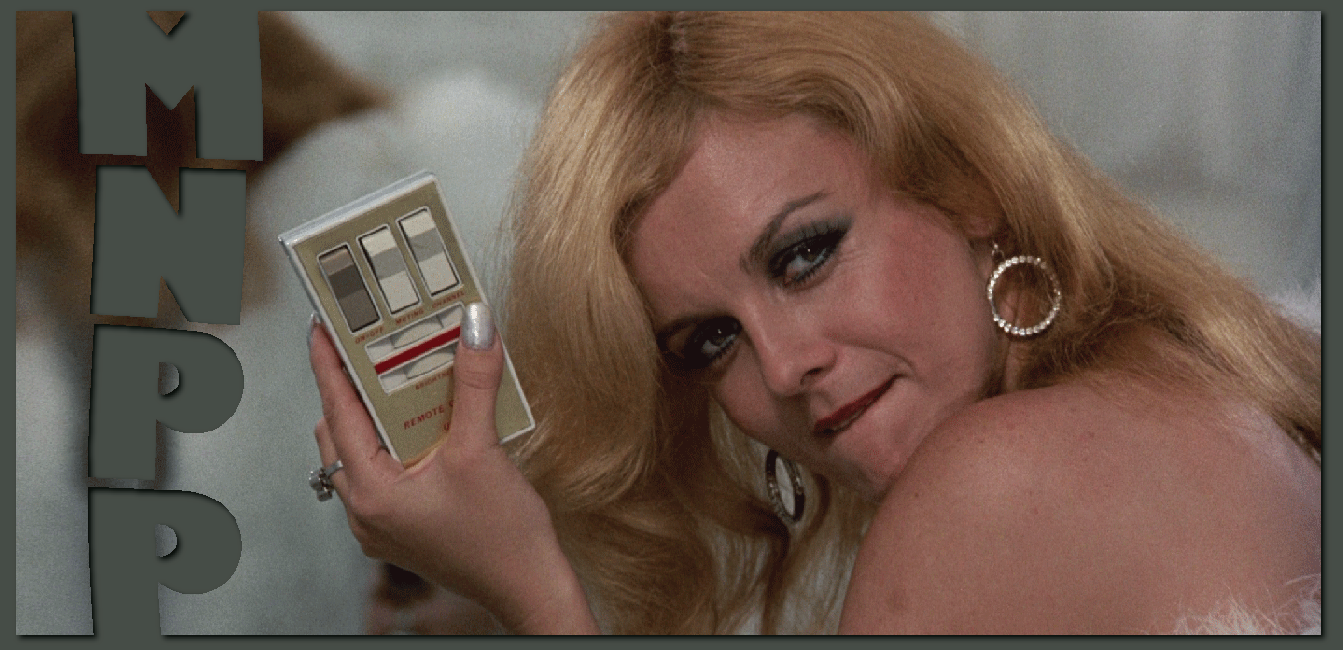.
I'll be discussing spoilers for the movie down below, so beware. But broadly, The Imitation Game is a very fine very safe biopic acted well by very fine actors in beautiful costumes telling an often thrilling and engaging story that nonetheless left me incredibly frustrated. There were warning signs as the movie plowed along that the filmmakers were substituting the easy way for an interesting (read: honest) way - a scene where everybody threatens to quit if one person is fired? Really? Flat little notes like that struck with dull thuds, taking me out of an otherwise handsome enough portrait.
It's the last act where the movie ultimately made me crazy with its insatiable need to please, when that comes at the expense of what the story is and why Alan Turing is so vital, so important, a figure in our history. The movie just isn't anywhere near angry enough. It keeps telling us about the good that Alan Turing did, but by skimping on the betrayal of that which ruined him and ended his life, what's the point? The detective who interrogates Turing is ceaselessly nice to him, and doesn't want him to go to jail for this. We get one homophobic sneer by one of the detective's co-workers, which the movie can't seem to get away from quick enough. Then there's a newspaper headline, some quivering hands and the words "chemical castration" are spoken in a hushed tone. Then Alan can't do a crossword puzzle, cue Keira's tears, the delicate strings swelling.
And then the movie's need to make nice once again wins over and we get this magical scene where Keira's character spells out all the good Alan was responsible for in the world, all the lives he saved, as the soundtrack crescendos. It's revisionist and false and okay sure, it's a lovely little fantasy, it makes us feel as if Alan got his due... but Alan Turing never got his due. It's a betrayal of what Alan Turing stands for. Alan Turing never got that moment. Alan Turing was mutilated by his government and driven to kill himself. The Imitation Game wants to make nice with that. Some text before the credits telling us those horrible facts is lazy and drama-killing and allows us to distance ourselves from the heart of what this story, this man's life and horrible prolonged ruination and death, was about, and why it's so important that we remember him today.
My complaint isn't that Alan's not gay enough - I thought the sad love story with young Alan in school was beautifully handled; the boy playing the young Cumberbatch is wonderful. I think those scenes get across plenty of the gayness, and keeping Turing's fractured secret self buried in the adult portions of the movie is mostly fine by me - the movie makes me believe he'd pour himself into his work in the way shown anyway. But when Alan's humiliation looms, the movie's coyness becomes a problem. Alan, the secret breaker, has his hidden code broken, and easily - it falls apart so easily. That's the story here - the brutal exposure of the secret code this man was living his life by. And there's no sense of that humiliation and betrayal. The movie shies away just when it should cut to the quick, when it should be exposing the flesh of the matter. Flesh and bone and meat, Alan Turing ended up not a mind but a body, broken by those he gave his everything to. This is not his story.
.






































4 comments:
You completely captured my feelings about this film. I loved it, but hated the way they basically tried to whitewash his death, and tie everything up into a neat little bow.
Interesting. I totally understand what you felt and yet, I had the opposite reaction. It felt brutal to me, like a gut punch, because it was so easy to erase him, so matter of fact. For some reason, that felt cruel and hit home for me. I was left with a sense of crushing loss...which felt profoundly moving and right somehow.
This is probably OT but I really REALLY thought Cumberbatch was gay in real life - but no he's engaged to a woman now! O_O
I appreciate your take on this. I have the exact same issues. At heart - and you stated this beautifully - this film is not angry. And it NEEDS to be. Instead, Alan's degradation and mutilations were only barely mentioned, much less dealt with. In place of the brutal truth, we were handed a gauzy, disturbingly self satisfied treatise on how the nation that he saved betrayed and destroyed him, but what matters is that he did good and that nation feels really fond of Alan now. Tada!
Given the whitewashing that assaults on gay men and women receive today, I find it inexcusable that a (seemingly) more distant episode, which you'd think would be considered a "safer" venue to honestly present the evil that governments/societies can do to those who guaranteed them. How can this be considered anything other than cowardly?
Post a Comment